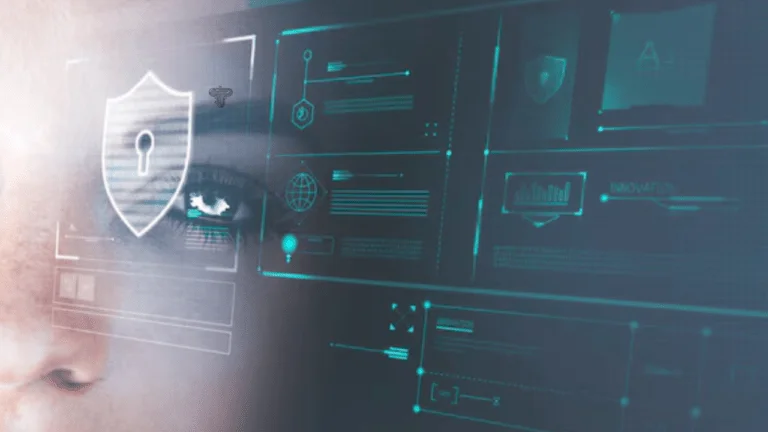Beyond Firewalls: Why Cybersecurity Should Matter to Every Business
Cybersecurity isn’t just for large tech firms or banks. Every company today depends on digital tools to run daily operations. From emails and invoices to HR records and customer databases, most tasks rely on technology. When those systems are attacked, the consequences can be costly and disruptive.
Cyberattacks are more frequent than many realize. Hackers look for any weakness, no matter how small. Once inside, they might steal sensitive data, block access to systems, or demand large payments. The financial damage can be huge. But it’s often the loss of customer trust that hurts most. Clients may hesitate to do business with a company that couldn’t keep their data safe.
The True Cost of a Cyberattack
Many people think of cyberattacks only in terms of money lost to fraud or ransom payments. But the true cost goes far beyond that. Businesses might have to stop operations for days or weeks. During that time, they can’t serve customers, which means losing sales.
Then there’s the cost of recovery. Fixing broken systems, restoring data from backups, and running investigations take time and money. Companies might also face legal costs if personal data is exposed. Regulators can issue fines, and affected customers might file lawsuits.
The damage to reputation can last for years. Customers want to know that their information is safe. A single breach can make people take their business elsewhere. It can also affect partnerships and future opportunities. In short, a cyberattack can threaten the survival of a company.
Planning Ahead: Why Preparation Matters
One of the best ways to reduce the impact of cyber threats is to plan ahead. Waiting until something happens is risky and often more expensive. By building a strong security program, companies can spot and stop many attacks before they cause harm.
Training staff to spot phishing emails is a good start. Many attacks begin when an employee clicks on a malicious link. Regular software updates help fix known weaknesses that hackers might exploit. Strong passwords and multi-factor authentication add another layer of defense.
But technology and training alone aren’t enough. Companies also need a plan for what to do when an attack succeeds. Even the best security can’t block every threat. Knowing how to respond can save time, money, and stress.
The Role of an Incident Response Retainer
One practical step is to set up an incident response retainer. This means signing a contract with a team of cybersecurity experts before anything goes wrong. If an attack happens, the company can call this team right away.
Having an incident response retainer is like having an emergency service on standby. Instead of searching for help during a crisis, the business already knows who to call. The response team can quickly investigate what happened, stop further damage, and help recover systems.
This quick action can limit downtime and reduce the financial hit. It can also help the company meet legal requirements to notify customers and regulators promptly. Having experts on hand means fewer mistakes during a stressful situation. It also shows customers and partners that the business takes security seriously.
Cybersecurity is Everyone’s Responsibility
Some business owners still see cybersecurity as something for the IT department alone. But it affects every part of the company. Sales teams need access to customer data, finance teams use digital tools to handle money, and HR teams store personal employee information.
Businesses looking to strengthen every department’s resilience to online threats are increasingly turning to managed cybersecurity services provided by firms like Layer Three, which offers tailored solutions across Canada.
When everyone understands basic security practices, the company becomes much stronger. Simple habits—like thinking twice before clicking on unexpected links or using secure passwords—make a real difference. Leadership should support security efforts and make them part of everyday work.
Tech Blaster
Looking Forward
Technology will keep changing, and so will cyber threats. Companies that take security seriously and plan ahead can handle these changes better. Preparing now can prevent bigger problems later.
It’s not about avoiding every single threat. That’s almost impossible. It’s about reducing risks, being ready to respond, and protecting the people who trust the company with their data. Cybersecurity isn’t just an IT issue—it’s a business priority.
Ultimately, investing time and resources in cybersecurity helps protect not only data but also the company’s reputation, its employees, and its future.






